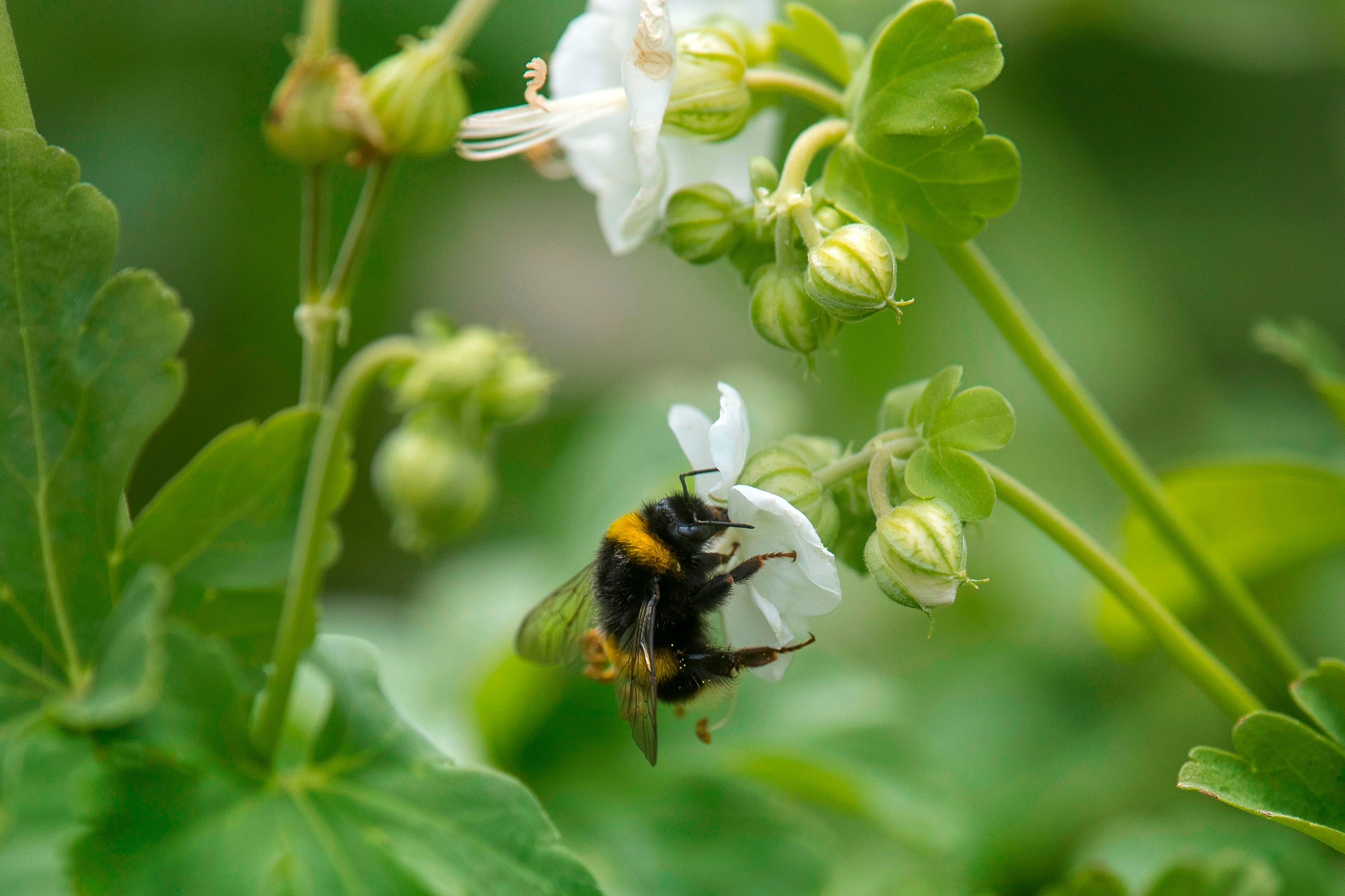Bug splatter app launched to help count UK’s insect populations
While splattered insects are an unfortunate by-product of vehicle use, scientists hope they can be used to better understand and improve biodiversity

Your support helps us to tell the story
From reproductive rights to climate change to Big Tech, The Independent is on the ground when the story is developing. Whether it's investigating the financials of Elon Musk's pro-Trump PAC or producing our latest documentary, 'The A Word', which shines a light on the American women fighting for reproductive rights, we know how important it is to parse out the facts from the messaging.
At such a critical moment in US history, we need reporters on the ground. Your donation allows us to keep sending journalists to speak to both sides of the story.
The Independent is trusted by Americans across the entire political spectrum. And unlike many other quality news outlets, we choose not to lock Americans out of our reporting and analysis with paywalls. We believe quality journalism should be available to everyone, paid for by those who can afford it.
Your support makes all the difference.Using a new app, anyone in the UK with a smartphone and a vehicle can use a “splatometer” to help monitor the wellbeing of insect populations.
The app, Bugs Matter, will help scientists across Wildlife Trusts in Kent, Gwent, Essex and Somerset, and the Buglife charity to better understand the scale of declining insect populations across the country.
To use the free app, users must first clean their registration plate before going out for a drive. At their destination they must use the “splatometer” – a special grid from the app – to count the number of dead bugs squashed on a section of the plate. Users are also asked to submit additional details, including the make of the car, and upload a photo.
Inspiration for the app was taken from the “windscreen phenomenon” – the observation that people today tend to find fewer bugs splattered on their windscreens compared with several decades in the past.
Until recently, this phenomenon was simply anecdotal, but a 2019 study conducted in Kent demonstrated a marked decline in the insect population. Members of the public were asked to count the number of dead bugs on their registration plates after going for a drive. This data was then provided to the Kent Wildlife Trust, and compared with data from 2004. The study found there were 50 per cent fewer squashed insects in 2019.
This appears to be a global trend that scientists have referred to as “death by a thousand cuts”, while warning that the world is losing 1 to 2 per cent of its insects each year. The Kent and Somerset Wildlife Trusts claim that 41 per cent of insect species today are facing extinction due to habitat loss and pesticide use.
This kind of biodiversity loss is concerning as insects are integral to all aspects of daily life, most notably, our food supply through plant pollination. According to the Kent Wildlife Trust: “without insects, life on earth would simply collapse.”
Yet insect populations are nuanced and vary from year to year, based on a number of factors, some caused by humans and some not. Changes in weather pattern, disease, predation, habitat loss and conservation efforts can all have an impact.
This is why the Bugs Matter survey is so important. “In order to fully understand insect populations, they must be monitored thoroughly at regular intervals over many years,” says the Kent Wildlife Trust, which hopes that the survey will be repeated annually, in order to gather long-term data on insect species across the country.
Andrew Whitehouse, the countries manager for Buglife, said: “Bugs Matter gives everybody the opportunity to take part in essential monitoring that will help us to better understand the health of our insect populations, and our environment as a whole.”
The Bugs Matter app is available from Google Play and the Appstore; the survey period runs from 1 June to 31 August.
Join our commenting forum
Join thought-provoking conversations, follow other Independent readers and see their replies
1Comments